Descripción
¿A quién va dirigido este libro? Oxford Practice Grammar está dirigido a estudiantes de inglés de nivel medio o “intermedio”. Es decir, a estudiantes que ya no son principiantes pero que todavía no son expertos en inglés. El libro es adecuado para quienes estudian para el Cambridge First Certificate in English. Puede ser utilizado por estudiantes que asisten a clases o por alguien que trabaja solo. ¿En qué consiste el libro? El libro consta de 153 unidades, cada una sobre un tema gramatical. Las unidades cubren las principales áreas de la gramática inglesa. Se presta especial atención a aquellos puntos que suelen ser un problema para los estudiantes: el significado de las diferentes formas verbales, el uso de la voz pasiva, los condicionales, las preposiciones, etc.
Muchas unidades contrastan dos o más estructuras diferentes, como el presente perfecto y el pasado simple $Unidades 14-15$. También hay varias unidades de repaso. El énfasis a lo largo de todo el libro está en el significado y el uso de las formas en situaciones. La mayoría de las unidades comienzan con un diálogo, o a veces un texto, que muestra cómo se utilizan las formas en un contexto realista. También hay 25 pruebas. Estos se encuentran después de cada grupo de unidades y cubren el área de gramática tratada en esas unidades. Cada unidad consta de una explicación del punto gramatical seguido de una serie de ejercicios. Casi todas las unidades ocupan dos páginas. Las explicaciones están en la página de la izquierda y los ejercicios en la de la derecha. Hay algunas unidades de cuatro páginas, con dos páginas de explicación y dos páginas de ejercicios.
Los ejemplos utilizados para ilustrar las explicaciones están en su mayoría en inglés conversacional cotidiano, excepto cuando la estructura es más típica de un estilo formal o escrito $por ejemplo, Unidad 75B$. También hay apéndices sobre varios otros temas, incluida la formación de palabras, el inglés americano y los verbos irregulares. ¿Qué hay de nuevo en esta edición? Ha habido muchos cambios tanto en el contenido como en el diseño del libro. El número de unidades se ha aumentado de 120 a 153. Hay más unidades de dos páginas y menos unidades de cuatro páginas. Los 25 exámenes son una característica nueva. También hay un examen de inicio para ayudar a los estudiantes a descubrir lo que necesitan estudiar. Hay muchos más diálogos e ilustraciones en las páginas de explicación. Muchos de los ejemplos y situaciones son nuevos. Hay muchos ejercicios nuevos y más tipos diferentes de ejercicios.
El número de apéndices se ha incrementado de dos a seis. Esta nueva edición presenta un grupo de personajes cuyas vidas son la base de muchas de las situaciones tanto en las explicaciones como en los ejercicios. $Pero aún puedes hacer las unidades en cualquier orden$. ¿Cómo se debe utilizar el libro? Hay varias formas de utilizar el libro. Si sabes que tienes problemas con puntos gramaticales particulares, puedes comenzar con las unidades relevantes. La lista de contenidos y el índice te ayudarán a encontrar lo que quieres. O puedes hacer la prueba de inicio $ver página viii$ y luego usar los resultados para decidir en qué partes del libro concentrarte. O puedes comenzar por el principio del libro y trabajar hasta el final, aunque los temas gramaticales no están ordenados según su nivel de dificultad. Cuando estudies una unidad, comienza con la página de explicación y luego continúa con los ejercicios. A menudo puedes estudiar una parte de la explicación y luego hacer uno de los ejercicios. La letra que aparece después del título de cada ejercicio, por ejemplo $A$, indica a qué parte de la explicación se refiere el ejercicio. Si ha cometido errores en sus respuestas a los ejercicios, vuelva a consultar la explicación.
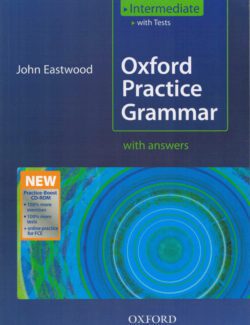
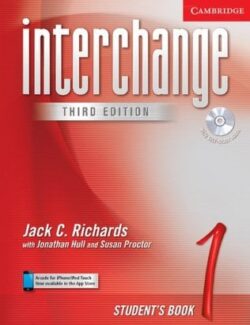
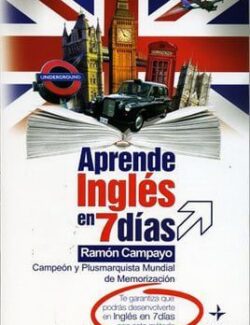

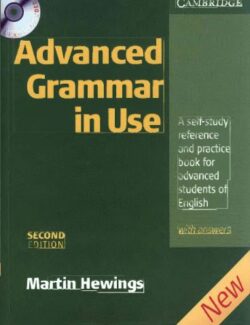
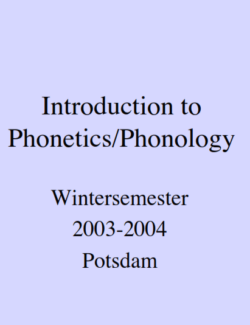

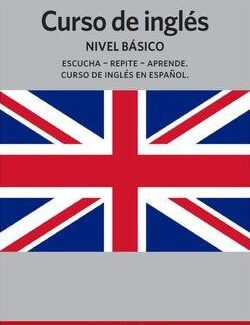
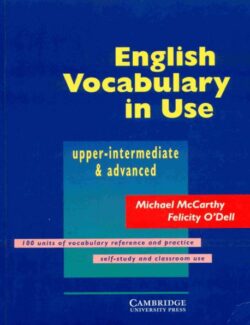
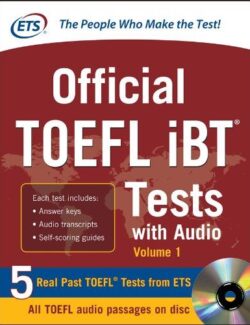
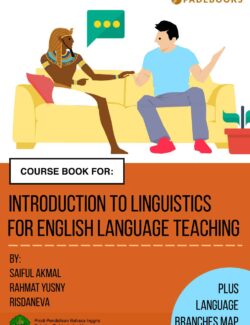
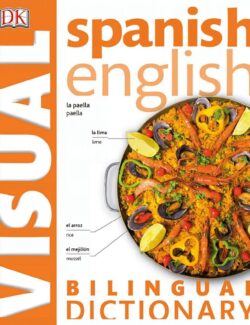
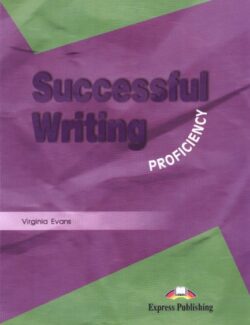
¿Qué piensas de este libro?
No hay comentarios